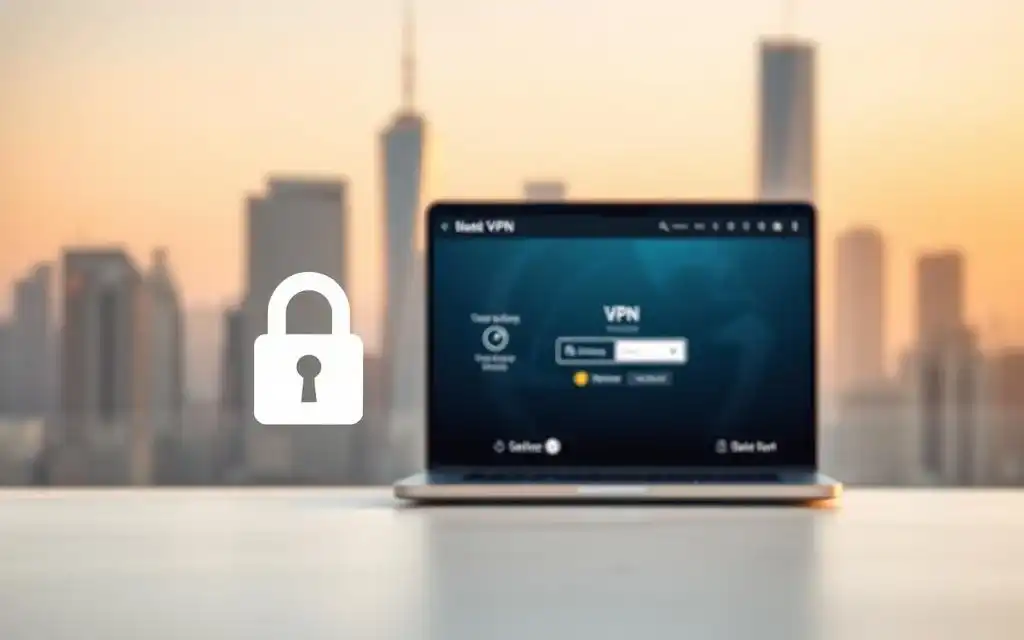# How VPNs Support Digital Activism: Exploring Their Role In the digital age, digital activism has become a powerful tool for individuals and groups to voice concerns, organize movements, and challenge authority. At the heart of this movement lies the role of vpn in digital activism, which enables activists to bypass censorship, protect their privacy, and communicate securely across borders. Virtual Private Networks (VPNs) are not just tools for online anonymity; they are critical infrastructure for modern activism. By encrypting internet traffic and masking users’ identities, VPNs empower citizens to access information freely, share content without fear of surveillance, and collaborate on global issues. This article delves into how VPNs support digital activism, exploring their multifaceted role in safeguarding rights, enabling grassroots efforts, and transforming the way people engage in social and political change. — ## 1. Enhancing Anonymity and Privacy in Digital Activism ### 1.1. Hiding IP Addresses and Identity One of the key roles of a vpn in digital activism is to hide users’ IP addresses, making it harder for governments, corporations, or adversaries to track their online activities. VPNs route internet traffic through servers in different locations, masking the user’s real location and identity. This feature is particularly valuable for activists who may face retaliation for their views. For example, in countries with strict internet regulations, VPNs allow individuals to communicate under a pseudonym, reducing the risk of personal exposure. By creating a secure tunnel between the user’s device and the internet, VPNs ensure that data remains private, even when accessing sensitive information or sharing critical content. ### 1.2. Protecting Sensitive Data Beyond hiding identities, VPNs play a crucial role in protecting sensitive data from being intercepted. This is especially important for activists working on issues like human rights, environmental justice, or political reform. Encryption is a core function of vpns, ensuring that communications and data transfers are unreadable to anyone without the decryption key. End-to-end encryption, a feature offered by many VPNs, guarantees that even if data is intercepted, it remains secure. This protection is vital for activists who rely on digital platforms to organize protests, distribute propaganda, or share evidence of wrongdoing. VPNs also prevent metadata leaks, which can reveal patterns of activity, such as the time and frequency of internet usage, further safeguarding privacy. ### 1.3. Preventing Data Mining and Profiling Another essential role of vpn in digital activism is to prevent data mining and surveillance by third parties. VPNs often include no-logs policies, which means they do not store users’ browsing history, search terms, or IP addresses. This is a game-changer for activists who need to avoid being profiled or targeted based on their online behavior. In authoritarian regimes, data mining can be used to identify dissenters, making no-log policies a crucial component of a vpn. By minimizing the amount of data collected, VPNs allow activists to operate in the digital sphere with greater confidence, knowing their actions are less likely to be traced or monitored. — ## 2. Bypassing Censorship and Surveillance ### 2.1. Overcoming Internet Censorship VPNs are instrumental in helping activists bypass internet censorship. In countries where censorship is enforced, VPNs provide a way to access blocked websites, social media platforms, and international news outlets. For instance, during the 2022 Hong Kong protests, VPNs were widely used to circumvent government-imposed restrictions on internet access. VPNs allow users to change their virtual location, enabling them to access content that is otherwise restricted. This flexibility is a major advantage of vpns in digital activism, as it ensures freedom of expression and access to information. ### 2.2. Securing Communication Across Borders VPNs also enable activists to secure communication across borders. By connecting to servers in countries with more open internet policies, VPNs allow users to transmit messages securely without fear of interception. Secure communication is vital for coordinating protests, sharing intelligence, or discussing sensitive topics. For example, during the Arab Spring, VPNs helped activists coordinate efforts in real-time, despite internet shutdowns. VPNs ensure that messages remain private, even when using public networks, making them a fundamental tool for digital activism. ### 2.3. Supporting Undocumented Activists In some cases, VPNs are life-saving for undocumented activists or refugees who need to avoid detection. VPNs can be used to mask location data, access censored content, and connect with international supporters. This versatility makes VPNs an indispensable resource for those who face persecution due to their activism. By enabling secure and anonymous communication, VPNs help activists stay connected and continue their work without risk of being tracked or identified. — ## 3. Securing Communication Channels for Activists ### 3.1. Protecting Sensitive Information Digital activism often involves sharing sensitive information, such as evidence of corruption, political dissent, or human rights abuses. VPNs ensure that data transmitted through secure channels remains protected from hackers or state surveillance. By encrypting data, VPNs create a private environment where activists can exchange ideas and plans without fear of interception. For example, activists in Syria used VPNs to transmit messages securely during the 2011 uprising, demonstrating their crucial role in protecting communication. ### 3.2. Enabling Safe Collaboration VPNs also facilitate safe collaboration among activists, especially in high-risk environments. Secure tunnels allow real-time data sharing, file transfers, and group communications without exposing participants’ identities. This is particularly important for international coalitions that need to coordinate efforts across geographical and political boundaries. VPNs ensure that collaboration remains uninterrupted, even when internet access is restricted. For instance, activists in Iran relied on VPNs to connect with global allies and share updates during the 2019 protests. ### 3.3. Supporting Virtual Meetings and Conferences In addition to secure communication, VPNs support virtual meetings and conferences, which have become central to digital activism. Remote activism requires stable and secure connections, and VPNs provide this by masking IP addresses and encrypting data. This is especially relevant during pandemic-era protests, where physical gatherings are limited, and online coordination is essential. VPNs ensure that virtual meetings remain private and secure, allowing activists to discuss strategies and plan actions without risk of





